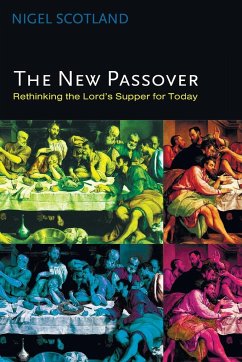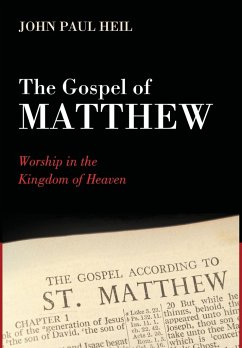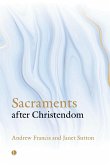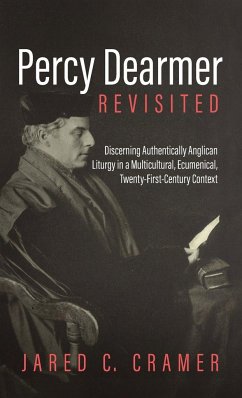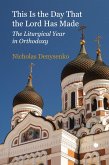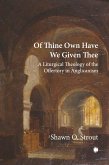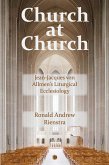A recent journal article stated, "There is something missing in the way the churches do Communion." Why is it that this central act of Christian worship is often so dull, dreary, and formal? Indeed at times it can be as somber as a funeral with people silently queuing cafeteria style in lines to receive a morsel of bread or a rice paper emblem of bread and then joining the wine queue for a tiny sip of wine. Strangely the churches call the Eucharist a "supper," but there is no meal in the gathering. Indeed on occasions it can feel a bit like the Mad Hatter's tea party, which was supposed have mouth-watering festive things to eat but there was only bread! Where is the convivial joy and fellowship of a Passover celebration? Why is there no overwhelming joy like that of the two disciples who encountered the risen Jesus in the breaking of bread in their house in the village of Emmaus on that first Easter evening? This book, The New Passover: Rethinking the Lord's Supper for Today, traces the way the Christian churches changed the simple meal of the New Passover into an esoteric theological public ritual. Luther and the sixteenth-century Protestant Reformers abolished the Mass and restored the bread and wine to the people but they only half completed the task. They recognized that Jesus intended the Eucharist to be a Supper but there was nothing in their liturgies to satisfy physical hunger. This book argues that the Last Supper was a Passover meal and that churches today need to celebrate the Lord's Supper Passover style in the context of an evening meal with ordinary bread and wine, in small groups of believers only and in houses and homes. It is to be a joyous celebration meal providing spiritual strength, fellowship, thanksgiving, and remembrance.
Hinweis: Dieser Artikel kann nur an eine deutsche Lieferadresse ausgeliefert werden.
Hinweis: Dieser Artikel kann nur an eine deutsche Lieferadresse ausgeliefert werden.

